2020 Silk Roads ICH Networking Program
Webinar: Life, Environment, and ICH along the Silk Roads & Strategic Meeting on Silk Roads ICH Networking
Cooperation of twenty-one Silk Roads organizations with twenty-five experts from ten countries announced—2021 Silk Road Intangible Heritage Network Creation Recommendations to be Adopted
Day 2
Date19 November 2020
| Session 2: Cooperation and Solidarity for Operating the ICH Network along the Silk Roads | |
| 13:00–13:20 | Moderator: Jan Hladik (Head, UNESCO Tashkent Office) |
| 13:05–13:20 | 1. On the Feasibility of the Silk Roads ICH Network Sangcheol Kim (Research Professor, Institute of Central Asian Studies, Hankook University of Foreign Studies) |
| 13:20–13:35 | 2. Operational Issues of the Network Alim Feyzulayev (Leading Researcher, IICAS) |
| 13:35–13:50 | 3. Lessons CIOFF has Learned: Sharing the Experience and Knowledge Philippe Beaussant (President, CIOFF) |
| 13:50–14:05 | 4. Lessons European Association of Folklore Festivals has Learned: Sharing the Experience and Knowledge Kaloyan Nikolov (President, European Association of Folklore Festivals) |
| 14:05–14:20 | 5. Curator Dangjin City Daeyoung Ko (Curator, Gijisi juldarigi [Tug-of-War] Museum, Operated by the Dangin Local Government) |
| 14:20–14:50 | Discussion Session with Panelists |
| 14:50–15:00 | Break |
| Session 3: Collaborative Work and Benefits through Activities of the Silk Roads ICH Network | |
| 15:00–15:05 | Moderator: Prof. Urazali Tashmatov (Uzbekistan State Institute of Arts and Culture) |
| 15:05–15:20 | 1. Scope and Definition of Collaborative Work through the Network’s Activities Kwon Huh (Professor, Mongolia International University) |
| 15:20–15:35 | 2. Cooperative Measures for Festivals in the Silk Road Region Jahangir Selimkhanov (Head, International Relations Department of the Azerbaijan National Conservatoire) |
| 15:35–15:50 | 3. Case Study: ichLinks, One-stop Asia-Pacific ICH Information-Sharing Platform, Sangmook Park (Programme Specialist, ICHCAP) |
| 16:05–16:20 | 5.UNESCO Silk Road Online Platform Mehrdad Shabahang (Programme Specialist, Social and Human Sciences Sector, UNESCO) |
| 16:20–16:40 | Panel Discussion |
| 16:40–17:00 | Break |
| Conclusion (Moderator: Seong-Yong Park (ADG, ICHCAP) | |
| 17:00–17:10 | Rapporteur’s Report & Discussion (Representative Rapporteur) |
| 17:10–17:20 | Adoption of Recommendation (Representative of Working Group) |
| Closing | |
| 17:20–17:30 | 17:20-17:30 Closing Remarks: Dmitriy Voyakin (Director, IICAS) Gi Hyung Keum (Director-General, ICHCAP) |
Online Strategic Meeting on Silk Roads ICH Networking: Session 2
Moderator: Jan Hladik
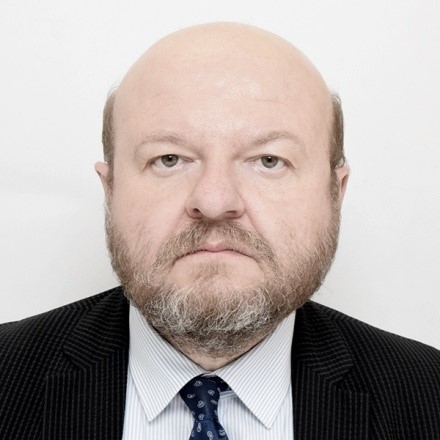
Jan Hladik
Head of the UNESCO Tashkent Office
Jan Hladík (Czech Republic) assumed duties as Head of the UNESCO Tashkent Office and the UNESCO representative to Uzbekistan in November 2019. Prior to this appointment, Jan served for more than 27 years in UNESCO. During his professional life in UNESCO he has been working essentially in the field of cultural heritage standard-setting instruments such as the 1954 Hague Convention for the Protection of Cultural Property in the Event of Armed Conflict and its two (1954 and 1999) Protocols, the 1970 Convention on the Means of Prohibiting and Preventing the Illicit Import, Export and Transfer of Ownership of Cultural Property and the 2001 Convention on the Protection of the Underwater Cultural Heritage. He also assumed the function of the Secretary of statutory bodies under those Conventions. Jan graduated with honours in 1988 from the International Law Faculty of the Moscow State Institute of International Relations (MGIMO) and obtained the title Juris Doctor the same year from the Charles University in Prague (Czechoslovakia). He published a number of articles in professional publications and journals and participated in a number of intergovernmental and expert meetings related to the protection of cultural property including the March 1999 Hague Diplomatic Conference on the Second Protocol to the Hague Convention. Jan is an expert in cultural heritage protection law, law of armed conflicts and international public law in general.
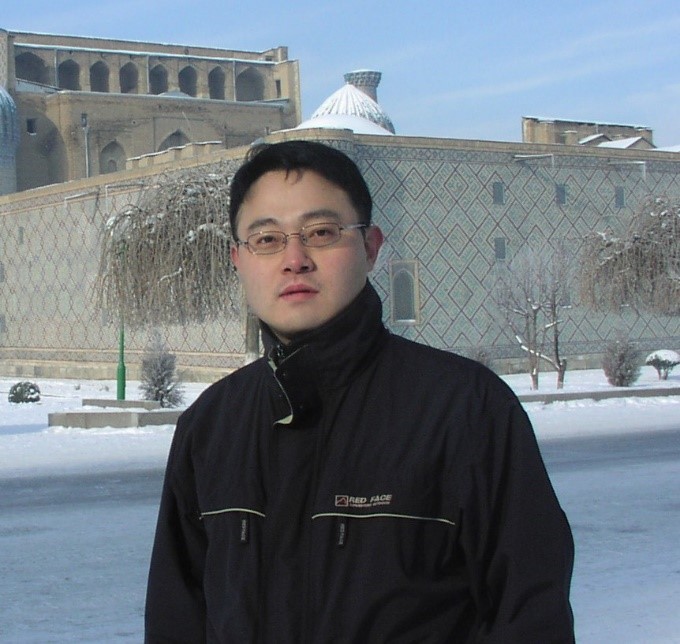
Sangcheol Kim
Research Professor, Institute of Central Asian Studies, Hankuk University of Foreign Studies
Sangcheol Kim graduated from Hankuk University of Foreign Studies in Korea. He earned a master’s degree in Eastern-European and Soviet Studies at the graduate school of Hankuk University of Foreign Studies and a Ph.D. in International Studies (Russian and Central Asia) at the same university.
From 1996 to 1998, he worked as a Korean overseas volunteer at Kazakhstani University (Kustanai State University and Al-frabi Kazakh National University), dispatched by the Korean International Cooperation Agency under the Ministry of Foreign Affairs of the Republic of Korea. From 1999 to 2001, he worked as a research fellow at the Center for International Area Studies, Hankuk University of Foreign Studies. From 2001 to 2007, he worked at Al-farabi Kazakh National University as a lecturer and visiting researcher.
Since 2007, he has been working as a lecturer on Central Asian Studies in the Department of Central Asian Studies, Hankuk University of Foreign Studies. Additionally, he has been conducting advice and consulting on Central Asia to the various public and private organizations, including ministerial and municipal organizations and private organizations and NGOs.
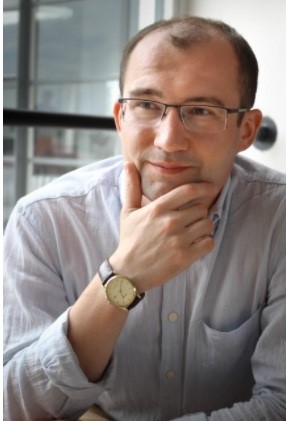
Alim Feyzulayev
Leading Researcher, International Institute for Central Asian Studies
Alim Feyzulayev is an architect that specializes in conservation and heritage management. As a part of an international expert team was in charge of preparing a State of Conservation and Heritage Impact Assessment Report for the Mausoleum of Khoja Ahmed Yasawi, Kazakhstan (2019-2020). He was commissioned to perform a Heritage Impact Assessment for the project of a new market, “Shakhristan” in the Historic Center of Bukhara, Uzbekistan (2019). Has been contributing to the preparation of the Management Plan for the Historic Center of Bukhara (2015-2016). He holds a Master of Arts in Monumental Heritage degree from Anhalt University of Applied Sciences in Dessau, Germany and a Bachelor’s Degree in architecture from the Tashkent Institute for Architecture and Civil Engineering. He has also been a member of ICOMOS International since 2018.
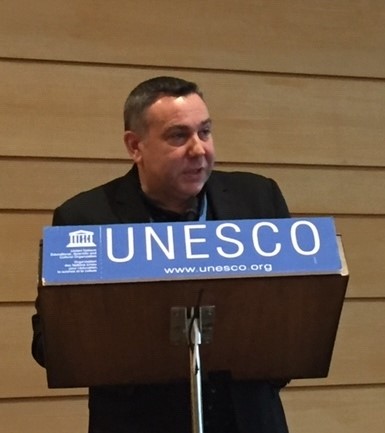
Philippe Breaussant
President, CIOFF
Mr. Philippe Breaussant has been serving as President of CIOFF since 2014. CIOFF, the International Council of Organizations of Folklore Festivals and Folk Arts, is an NGO and official UNESCO partner, accredited by the PCI and UNESCO ICH committee, advocating a Culture of Peace through the traditional arts. There are 115 CIOFF member countries, 350 Festivals organized each year worldwide, 80,000 young artists who come to CIOFF festivals, thousands of volunteers, and millions of spectators during CIOFF festivals.
Mr. Breaussant has also been a Member of the Board of Directors of CIOFF France since 2017. From 2017 to 2018, he was Chairman of the NGO-UNESCO Liaison Committee, which manages the links between UNESCO and the 400 NGO Official Partner Members of UNESCO).
He was the organizer of the Forum on Youth and its social impact in Saudi Arabia with UNESCO and the forum on immigration in Tunis.
From 2019 to 2020 he was Vice President of the NGO-UNESCO Liaison Committee responsible for Forums.
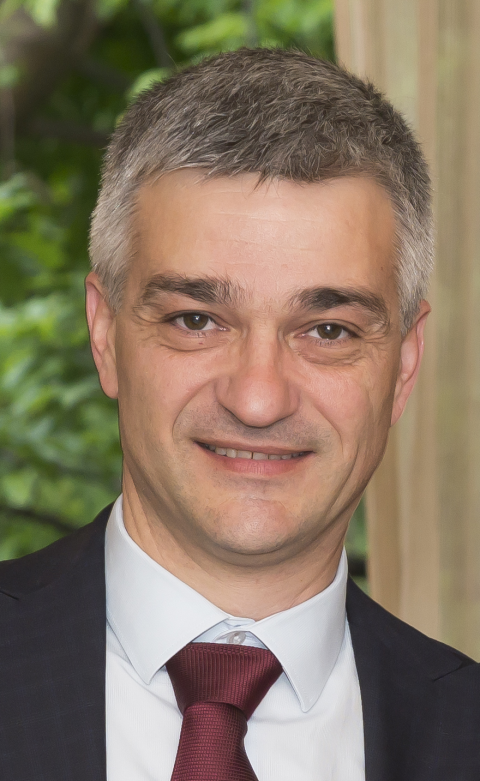
Kaloyan Nikolov
President, European Association of Folklore Festivals
Mr. Nikolov earned his master’s degree in Informatics Science at Veliko Tatnovo University, Bulgaria, and a doctoral from the Institute of Ethnologic and Folkloristic with Ethnographic Museum of Bulgaria Academy of Science.
He is President of the European Association of Folklore Festivals—EAFF, an ICH partner of UNESCO, and a member of the Executive Board of Regional Centre for the Safeguarding of Intangible Cultural Heritage in South-Eastern Europe under the auspices of UNESCO.
A member of the Steering Committee of ICH NGO FORUM and CEO of Television “EurofolkTV,” He is also Director of European Championship of Folklore “Euro Folk” and Director of World Championship of Folklore “World Folk.”
He has been the head organizer of more than 150 folklore festivals since 1998.
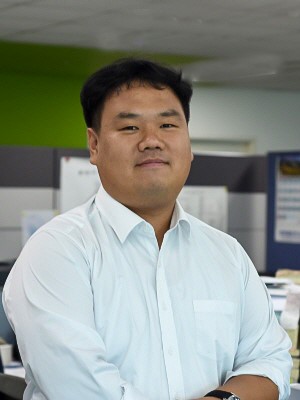
Daeyoung ko
Curator, Gijisi juldarigi (Tug-of-War) Museum, Operated by the Dangjin Local Government.
He majored in history at Chungnam National University and obtained his master’s degree. Since 2010, he has been in charge of research, transmission, and festivals on tug-of-war while working at the Gijisi Tug-of-War Museum. In 2015, he participated in the UNESCO Intangible Cultural Heritage registration project for tugging rituals and games. Also, since 2016, he has been active as a member of the Korean Traditional Tug-of-War Safeguarding Association Union.
Working Group meeting
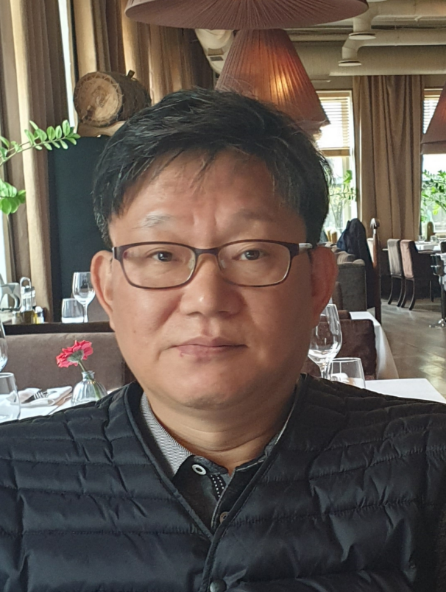
Mr. Sang-bae Park
Deputy Director-General, Korea-Central Asia Cooperation Forum Secretariat, Korea Foundation
Park Sang-bae is the Deputy Director-General of the Korea-Central Asia Cooperation Forum Secretariat, Korea Foundation. He gained his Bachelor’s degree in Sociology at Yonsei University, Korea.
Since joining the Korea Foundation in 1992, he devoted himself to spearheading the public diplomacy efforts of the Republic of Korea. He gained expertise in public diplomacy while working at the Foundation’s International Cooperation Department, Invitation & Dispatch Department, Planning Bureau. For the past decade, Mr. Park served as the Director of Invitation & Dispatch Dept., Director of Research & Scholarship Dept., Head of Planning & Research Team, Director-General of the Management Innovation Bureau, and Director-General of the Auditor-General Office. He also served multiple times as the Director of the Foundation’s overseas offices: Ho-chi-min City Office from 2005 to 2008; Moscow Office from 2019 to 2020.
